It was December 1968, and I was a twelve-year-old English schoolboy seriously obsessed with cricket. The sport’s headline news at the time concerned a thirty-seven-year-old South African-born, dark-skinned player named Basil D’Oliveira. The previous August, D’Oliveira had scored a magnificent century (baseball fans need only think of Reggie Jackson hitting three consecutive homers in the clinching game of the 1977 World Series to get the flavor) while representing his adopted home team of England in a match against Australia. Despite this achievement, just days later the English team’s selectors omitted D’Oliveira from a tour of South Africa that was due to follow in the winter.
Was the decision taken on purely technical cricketing grounds? Or might it have been designed to appease the apartheid policies of the Pretoria government? One way or another, the “D’Oliveira Affair” blew up into a major controversy that still polarizes some of the player’s admirers and detractors today, twelve years after his death at the age of eighty.
That’s the backstory to the curious events that happened to me one unseasonably mild day around Christmas 1968, at a heavily-guarded government dacha in suburban Moscow. My father was then the British naval attaché to the USSR, and I was staying with my parents while on my holiday from an English seaside boarding school.
One of the Russian military brass who regularly came to our apartment for drinks was the cosmonaut Alexei Leonov. He and my father must have become friendly, because at some point that Christmas I was told that either Leonov or one of his colleagues had spoken to certain parties, and, as a result, we were to make the acquaintance of a “very important person” at his nearby dacha.
This turned out to be none other than Nikita Khrushchev, the former Soviet hardman who had been ousted by his rivals in the Kremlin four years earlier. Evidently the one-time United Nations shoe-banger had mellowed in his retirement, because he was now said to enjoy the company of “reasonable capitalists,” and even their offspring, who could go out and see him by invitation. There would be four or five guests in our party, I was told, and under no circumstances was I to utter a word about it to any of my friends. Like those of other Western diplomats, our apartment was bugged, so I heard about these arrangements as I played my father on the embassy’s icy tennis court.
When the day came, we were driven in a nondescript minivan down a road flanked by tall, snow-powdered trees that followed the line of the Istra River into Moscow’s western suburbs. The dacha itself was painted dark green, not large, and surrounded by a log fence. The only sign of the importance of the man we had come to see was the presence of a guardhouse, and several bored-looking soldiers in hooded tunics, with rifles across their shoulders, milling around at the point where the main road met the private driveway leading to the house. One of them came over and spoke in Russian to our driver, looked us up and down, and then walked back to laboriously open the front gate. We were in.
Khrushchev himself appeared a moment later. Then in his mid-seventies, stout and bald, dressed in a baggy linen suit, he looked like a former nightclub bouncer who could still take care of himself if the need arose. When we were introduced, he gripped my arm tightly above the elbow, as if making an arrest, before offering a chortled “’Allo.” He smelled a bit musty.
I remember the whole place as dark and gloomy — you could hear the heavy ticking of a grandfather clock in the entrance hallway — although incongruously there was a rear verandah with a bright-yellow plastic awning stretched above it. Our host led us there, and indicated some wicker chairs from where we could look out over speckled green-and-white fields, the nearby river gleaming in the sun. A maid brought out glasses of tea and a plate of jam-filled pastries of the kind Khrushchev liked. It was all very civilized. Was this really the man who had gone berserk in the UN, and promised to “bury” us in a nuclear holocaust?
Khrushchev characteristically did most of the talking, using an interpreter, favoring us with a combination of epigrams and salty geopolitical statements. “What kind of shit is it when you have to keep people locked up behind a wall?” is one I remember.
A strikingly attractive young woman came out from time to time to whisper something in Khrushchev’s ear. I was in the first stages of my adolescent hormonal abandon, and couldn’t help but notice that the woman wore a severely low-cut blouse, accentuated as she leant forward to confer with our host. We later learned that Khrushchev’s wife had been ill in bed in her room upstairs, so perhaps he was merely receiving news of her condition.
My father thought the whole exercise “rum,” and came to believe we’d been brought there for a reason — possibly connected to the fact that Khrushchev was then secretly planning to publish his memoirs in the West, and had wanted an audience to bounce ideas off. There was a surreal moment when our host led us from the verandah into an adjacent room that was furnished with a small iron cot, some wooden chairs, and a British HMV record player. In the corner was a large safe, and, pointing to this, Khrushchev told us, “Security forces all over the world would love to see the valuables inside.” There was some uneasy laughter at this announcement. I think Khrushchev enjoyed teasing his guests. Perhaps he also harbored the conceit, not altogether unjustified, that if given the chance he could still browbeat most of his ideological foes into seeing his side of an argument.
I had just one direct exchange with Khrushchev. Back on the verandah, he asked me what sports I liked, and I mentioned my fondness for cricket. To my amazement, he immediately launched into a long and highly animated speech, in which the name “D’Oliveira” was intelligible before translation. This was rum. When Khrushchev came up for air, the interpreter told us that he had expressed the view that “agencies of Western imperialism,” combined with “racists” and “fools” were responsible for D’Oliveira’s exclusion from the winter tour of South Africa, “a country the civilized world needs like a dog needs five legs.”
When Khrushchev leaned forward during this tirade, eyes flashing, you suddenly caught a glimpse of the man who had brought the world to the brink of destruction in the Cuban Missile Crisis. It was somehow impressive and a little disconcerting that the one-time leader of 230 million Soviet citizens should know quite as much as he did about the vagaries of English cricket selection.
As we left the dacha, Khrushchev assured us that the whole meeting had been “invisible,” and that there would be “no repercussions” as a result. A year or two later, his autobiography was duly published as Khrushchev Remembers. The book’s author died of an apparent heart attack in September 1971, aged seventy-seven, and rated a one-line announcement in the following day’s Pravda, which referred to him only as a “personal pensioner” and misstated his age.
Despite Khrushchev’s assurances, perhaps our visit that day hadn’t gone entirely unnoticed by the security services. My father had brought his camera with him, and, with our host’s approval, took a snapshot of him standing at his front door. The picture was then converted into a slide and carefully filed away in a container.
Later, when my parents returned to Moscow from a trip, my father reported that our apartment was just as they had left it. “Although that photo of the chairman of selectors had somehow vanished from its box,” he added.



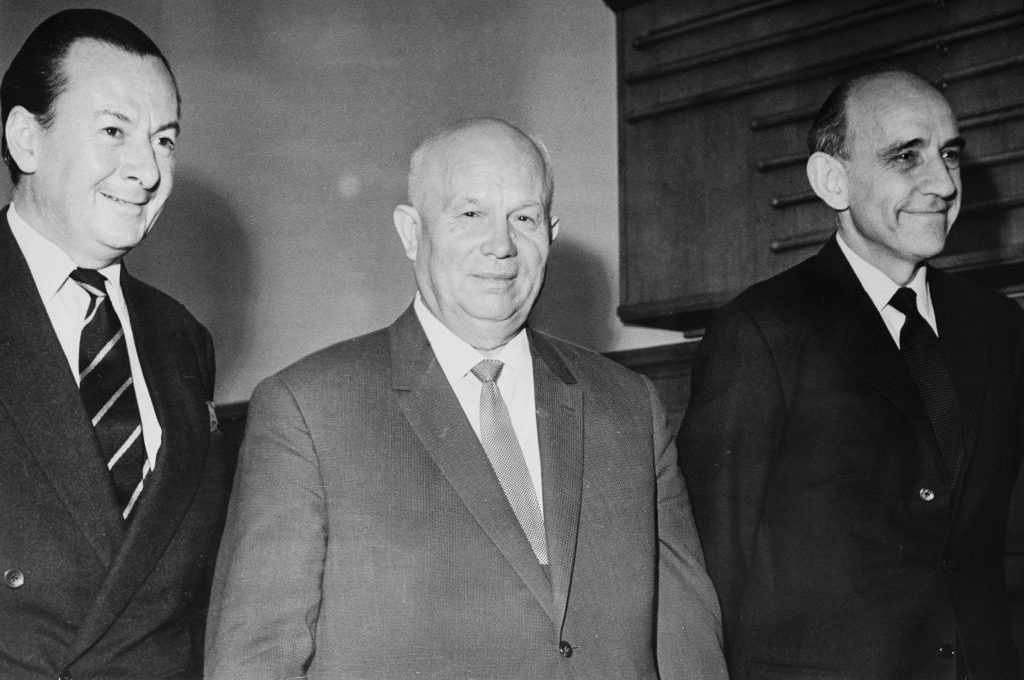







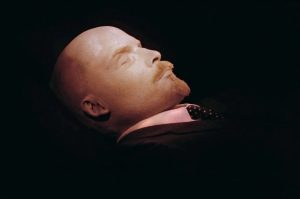

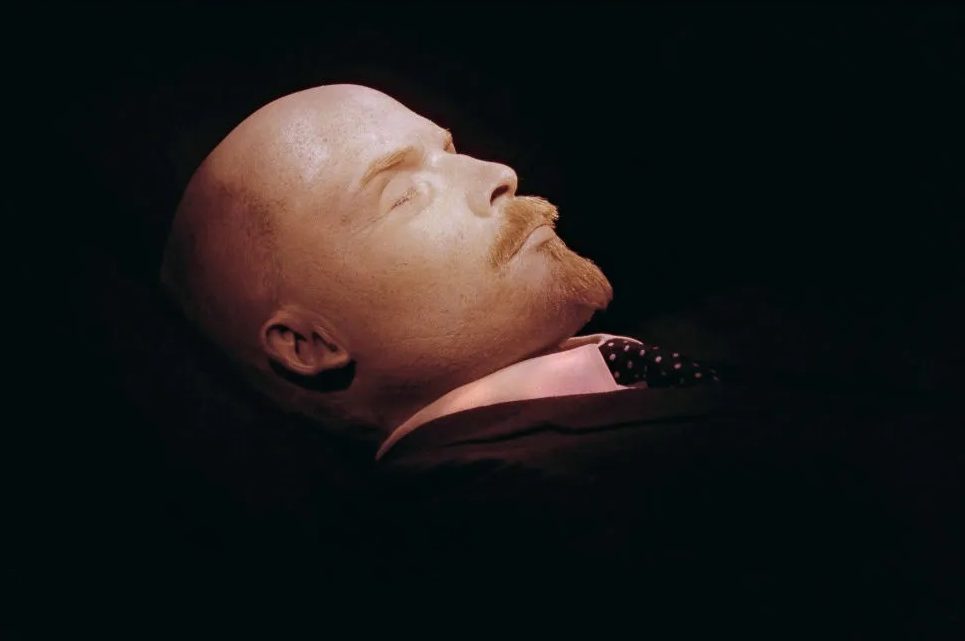
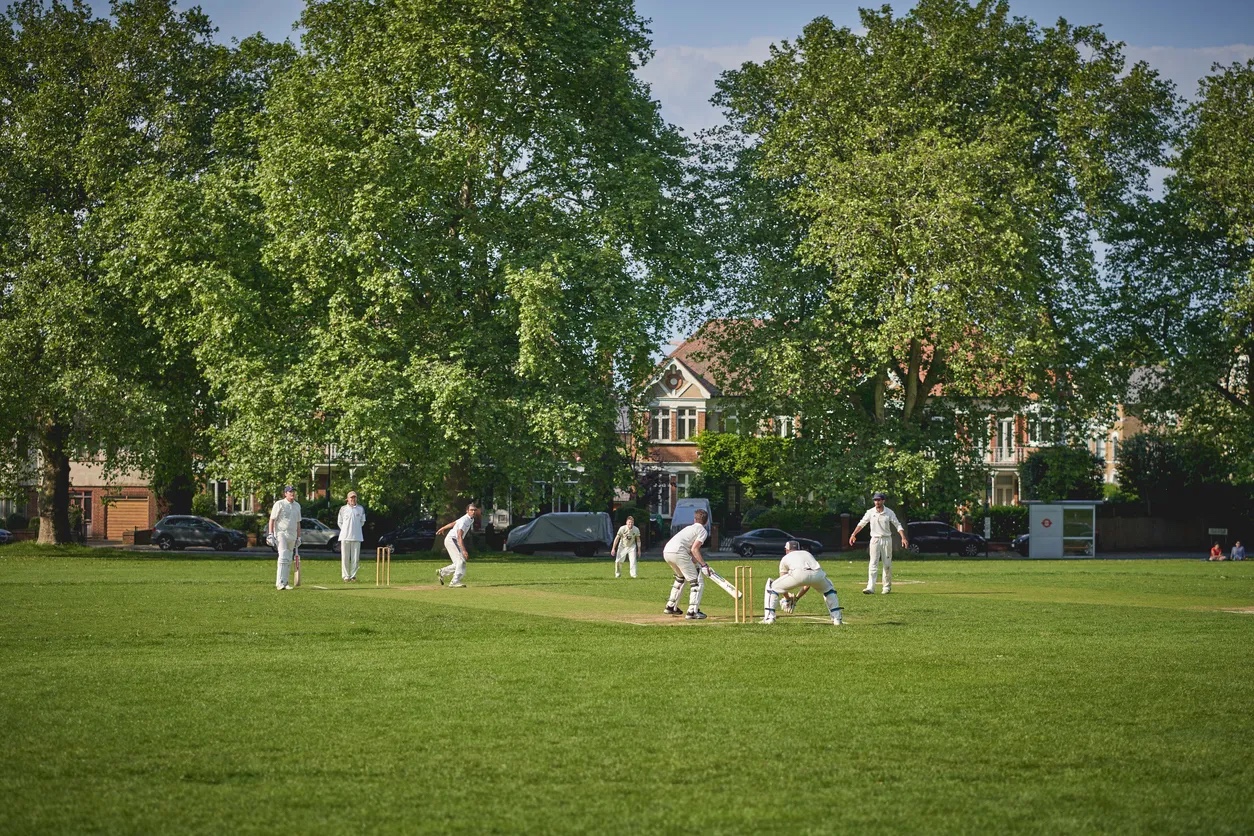
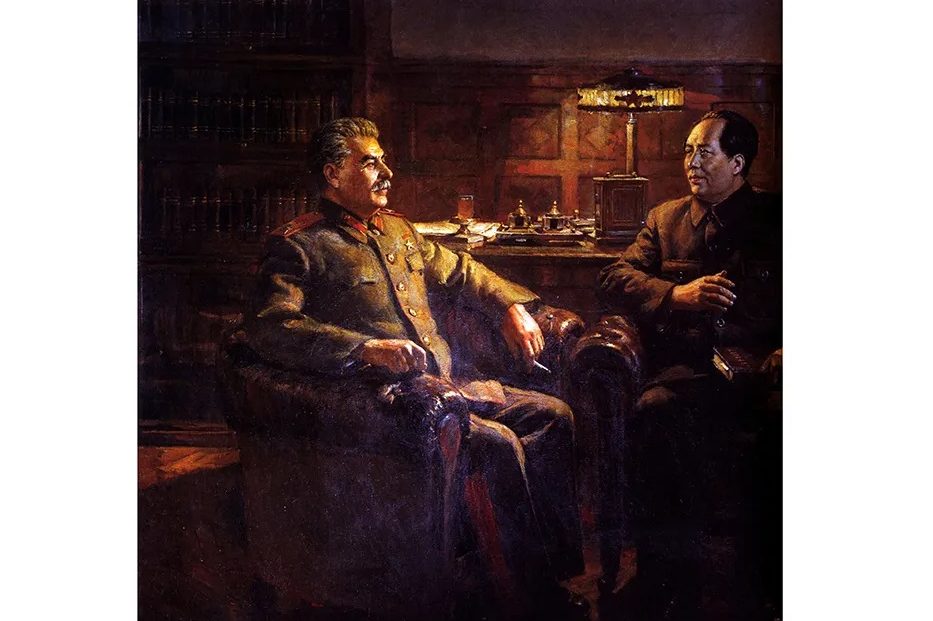
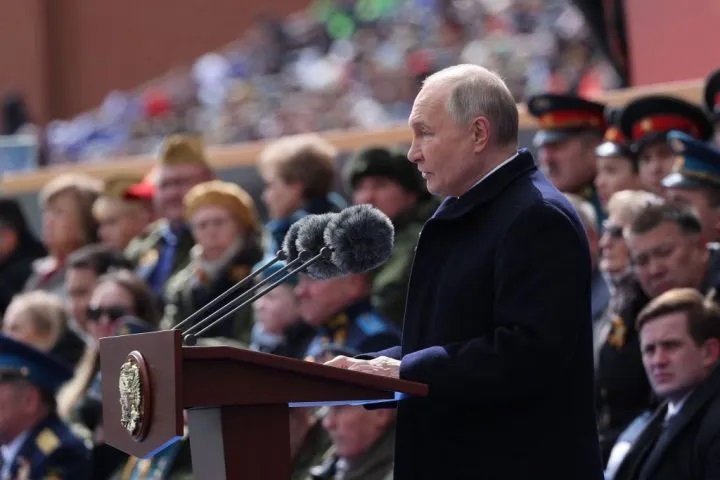









Leave a Reply